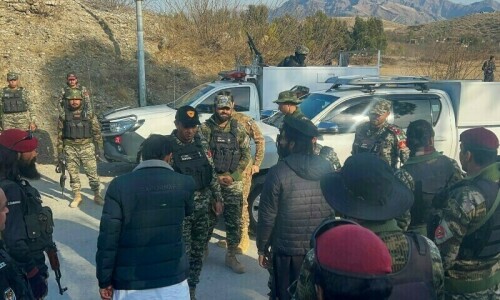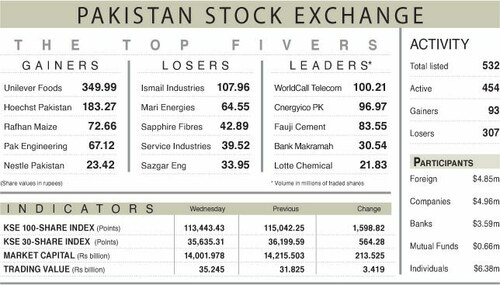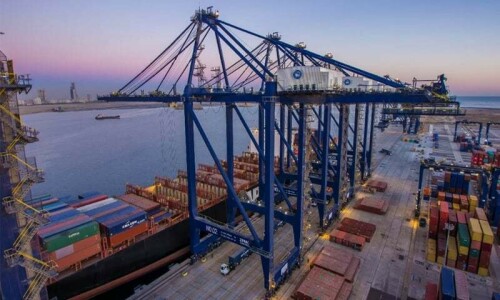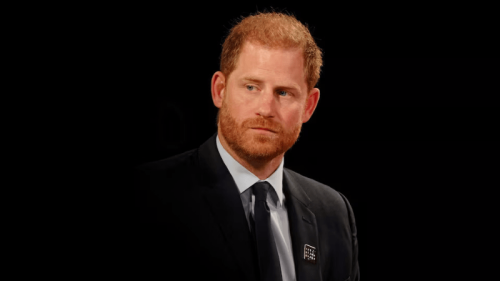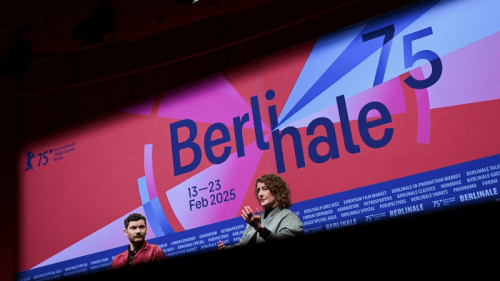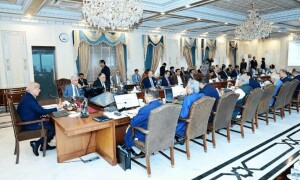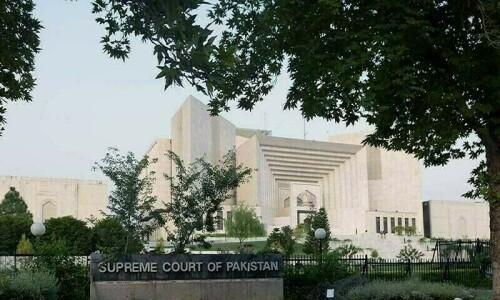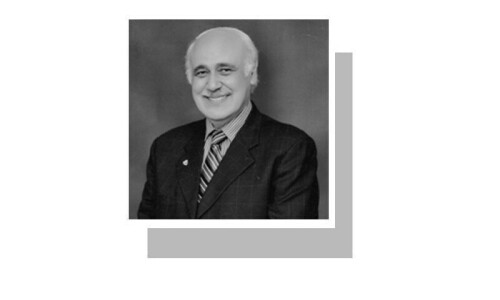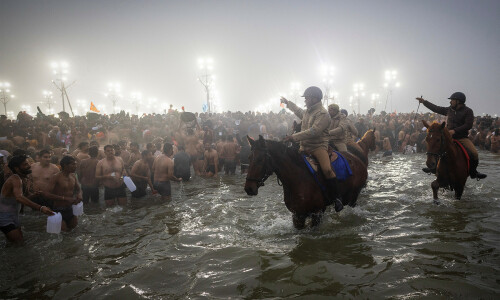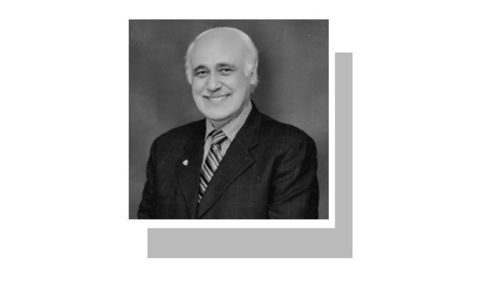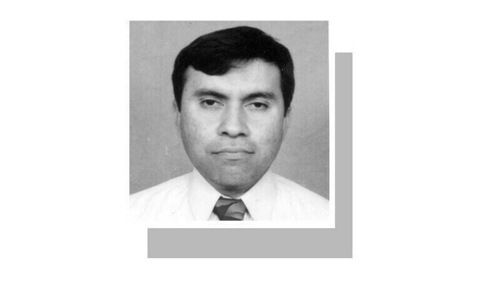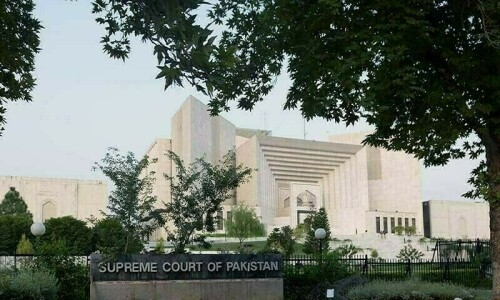ISLAMABAD: Although they have improved since 2015, the federal government’s public approval ratings remained negative on most governance indicators, according to the assessment of Pakistan Institute of Legislative Development and Transparency (Pildat).
Pildat found that 58pc of nationwide respondents rated the prime minister’s performance positively this year, while 41pc rated it negatively. This is a decline of 15 percentage points from the 73pc approval rating in 2015.
The public opinion poll on the quality of governance and democracy was held for the third year of the current federal and provincial governments from June 2015 to May 2016. The nationwide poll was conducted between Aug 11 and Aug 31 this year. Respondents included 3,610 citizens from rural and urban areas from 85 districts in all four provinces, using a systematic random sampling approach. Fieldwork for the report was conducted through face to face interviews in respondents’ homes.
The federal government received positive approval ratings on 10 out of 27 government indicators, compared to the 2015 poll, in which respondents rated six out of 25 indicators positively.
Its highest approval rating, 77pc, was for the governance indicator on the immunisation of children, and its lowest, 31pc, was for the management of unemployment.
In the report, governance in Punjab is rated the highest among the four provinces with a 67pc approval rating from nationwide respondents. Khyber Pakhtunkhwa is second at 38pc, followed by Balochistan at 26pc and Sindh at 25pc.
When respondents were asked to evaluate the performance of their province on individual governance indicators, KP received the highest approval ratings for 18 out of 25 indicators. Punjab residents rated 15 out of 25 indicators positively, while Balochistan residents rated 12 out of 25 indicators positively and Sindh respondents rated two out of 25 indicators positively.
Quality of democracy
Even though 54pc of nationwide respondents were confident and positive about the quality of Pakistan’s democracy this year, the rating saw a four percentage point decline from 2015.
The Election Commission of Pakistan (ECP) also continued to suffer from negative public perception: only 35pc of nationwide respondents were hopeful about an improved performance by the ECP in the next general election – this was a three percentage point decline from last year – and 28pc had serious doubts about the commission and believed its performance would decline in the next elections.
Terrorism
According to 23pc of all respondents, the current biggest issue facing Pakistan is terrorism. In 2015, the biggest issue, according to 25pc of all respondents, was energy crises. Inflation and employment were seen as among the greatest issues in 2015, and continued to be seen that way in 2016. Corruption has also made its way into Pakistan’s top five issues, with 12pc of all respondents calling it the biggest problem in the country.
Least, most trusted institutions
The police have the lowest level of public trust, with only 18pc of nationwide respondents rating the institution positively – trust in police saw a 14pc decline a year. Meanwhile, the armed forces were seen as the most trusted institution, with a 76pc approval rating, compared to 75pc in 2015.
Published in Dawn, October 26th, 2016















